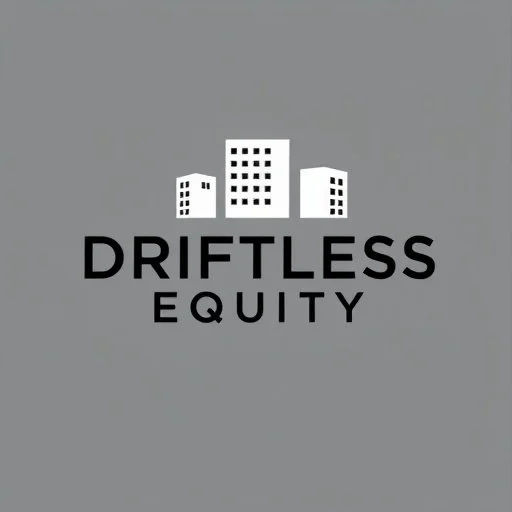
Frequently Asked Questions:
-
Syndication is the pooling of investor money where the investor is typically a limited partner and the general partner, or active partner, puts the deal together and manages the business plan to provide a return for the benefit of all investors.
-
The Private Placement Memorandum is required by the SEC and describes the offering, risks, includes the partnership agreement, investment summary and subscription agreement. It is a lengthy legal document prepared by a syndication attorney. The subscription agreement section includes basic information as to amounts being purchased and percent ownership. The risk section highlights just about every possible risk that could happen.
-
Minimums vary from deal to deal but generally are set at $50K with preference given to investors with more to invest.
-
Investor distributions vary from deal to deal but most syndications make monthly or quarterly distributions. Your original investment will be returned at the end of the hold period. We model each investment with a 5 year hold period. This typically provides ample time to execute our value-add plan and then cash flow for a few years while looking for an opportunistic sale.
-
We’ll provide monthly or quarterly email updates on the investment’s progress including renovation status/pictures, rents we are getting, and the distribution amount for the period. You will also receive a K-1 statement from us in March of each year for your tax filing.
-
Apartment syndications are very tax efficient. As a limited partner, you will benefit from your portion of the investment’s deductions for property taxes, loan interest, depreciation, etc. We will also use a cost segregation strategy to accelerate depreciation. The tax loss can then be used to offset other income depending upon your individual tax situation. At the time of sale, the partnership gains are treated as long-term capital gains. Of course, you’ll want to speak to your accountant to find out exactly which tax benefits you’re eligible for.
-
Yes – You can invest in real estate with certain retirement accounts. We are happy to discuss how to boost your IRA investing returns with real estate investing.cription
-
The returns forecasted are described in the private placement memorandum (PPM) and vary from deal to deal. The most common fee is an acquisition fee based on purchase price and is paid at closing. This covers the general partner’s costs to find the deal and get it under contract. The second most common fee is the asset management fee which is compensation for holding the property manager accountable, to ensure execution of the business plan, bookkeeping, and distribution of checks and K1s. The asset management fee is aligned with the investor’s interest as it is based on the property’s revenues. Industry averages are 1-3 % for both fees.
-
Certain types of deals require us to have a relationship with you prior to presenting any deals with you. The best place to start is by telling us more about yourself and your investment goals. Then, as we get to know each other better and deals come up that fit your criteria, we would love to work with you. Go to the top of the page and either “Book a Call” or send me an email.

